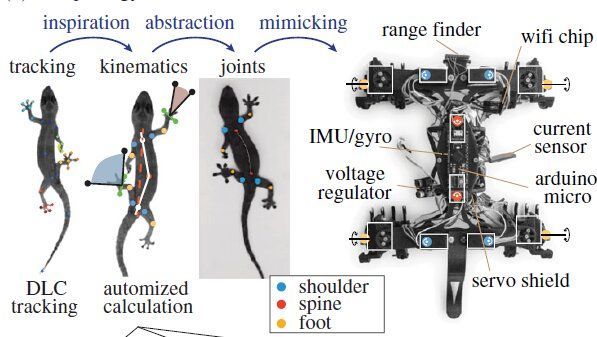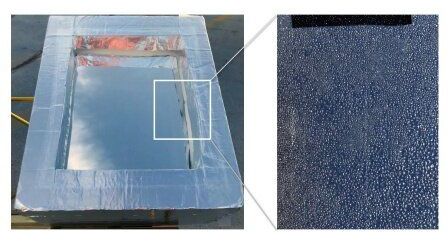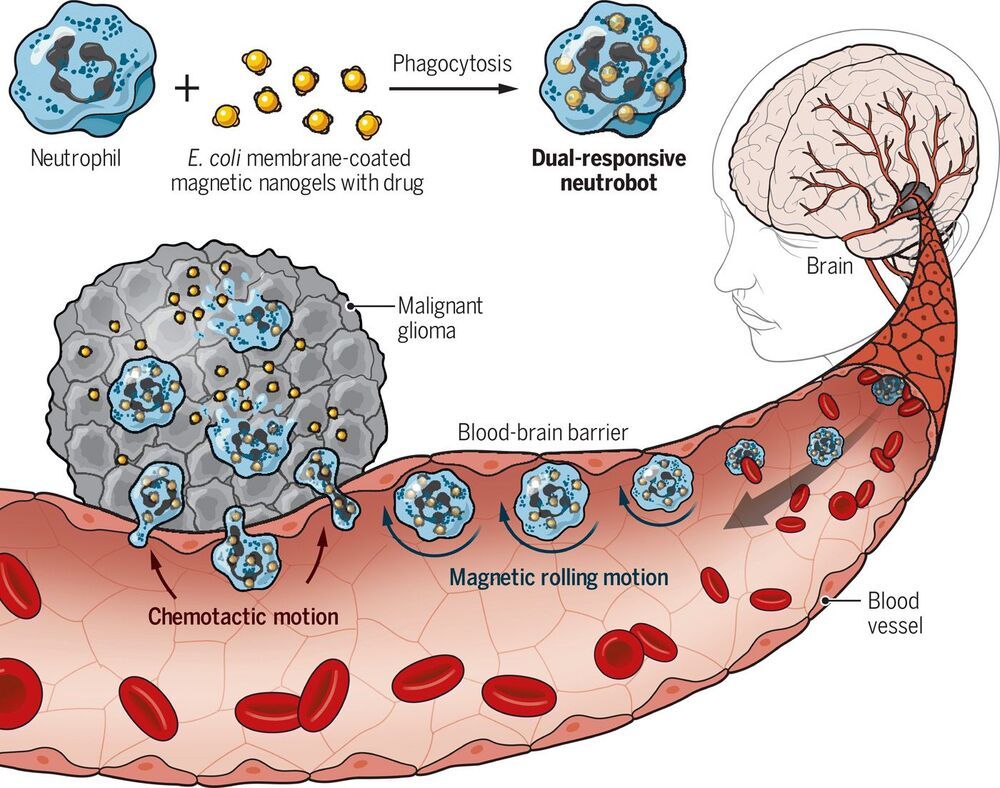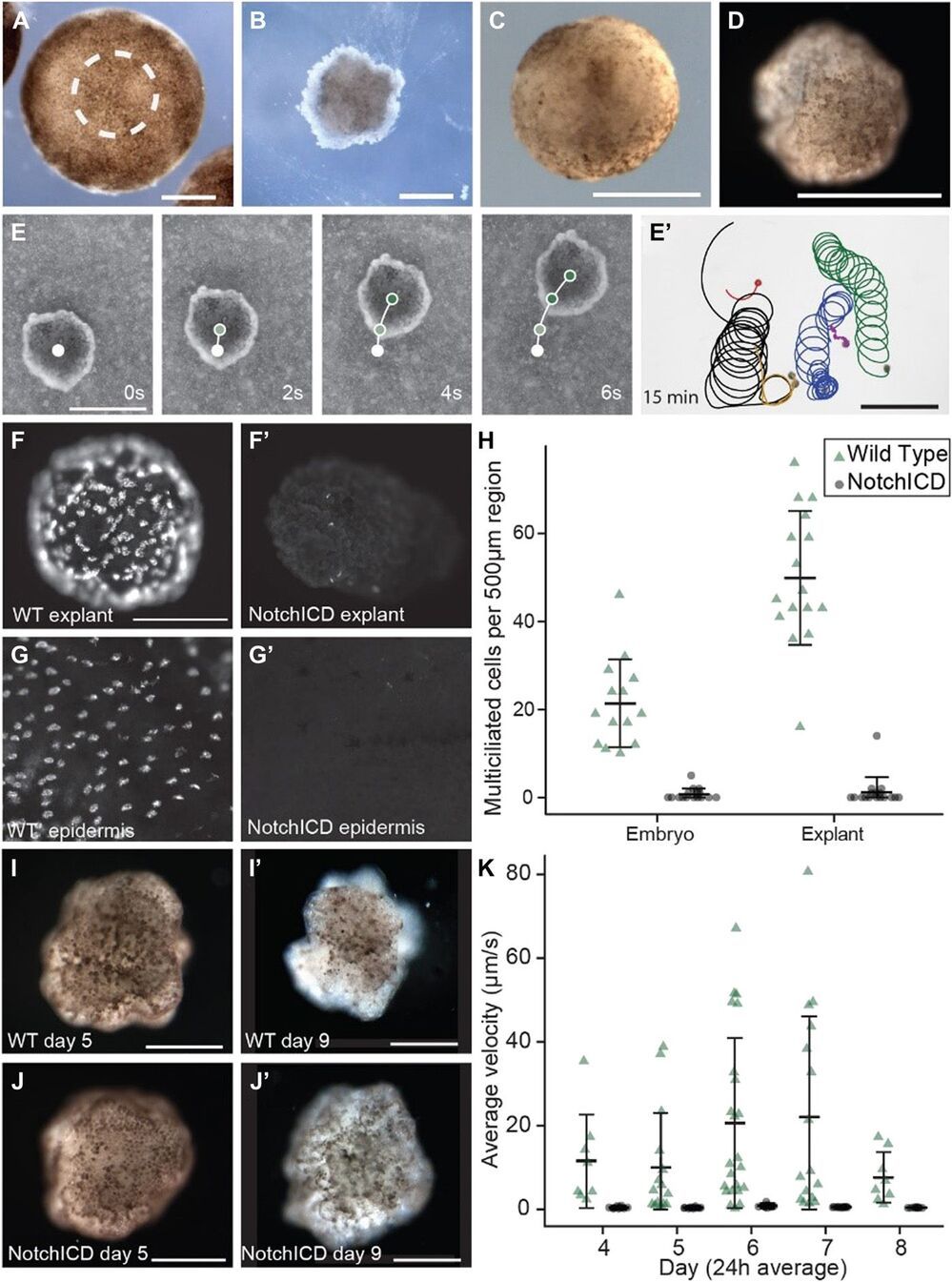30 Pieces of silver for the masses.
The National Association for the Advancement of Colored People (NAACP) just published a report titled Fossil Fuel Foolery, which identified 10 tactics that the fossil fuel industry used as excuses for not accepting accountability for its impacts on the environment and human health. DesmogBlog noted that the industry used a long list of deceptive tactics that concealed environmental destruction harming Black, Indigenous, and People of Color (BIPOC) as well as low-income communities. Not surprising — the fossil fuel industry only cares about money, and if the planet and human health stand in the way of that, so be it.
The article gave a snapshot of the report findings, and one of the most disturbing things I took notice of was the common tactic that the NAACP described as “co-opt community leaders and organizations and misrepresent the interests and opinions of communities,” sometimes with financial support, to “neutralize or weaken public opposition.”
In short, fossil fuel companies and utilities pour donations on churches, nonprofits, and advocacy organizations to pretty much secure the local community buy-in on projects that generate pollution. The article said it plainly: “to stifle the push towards renewable energy.” And that also includes misrepresenting the community through one or two hired hands.







